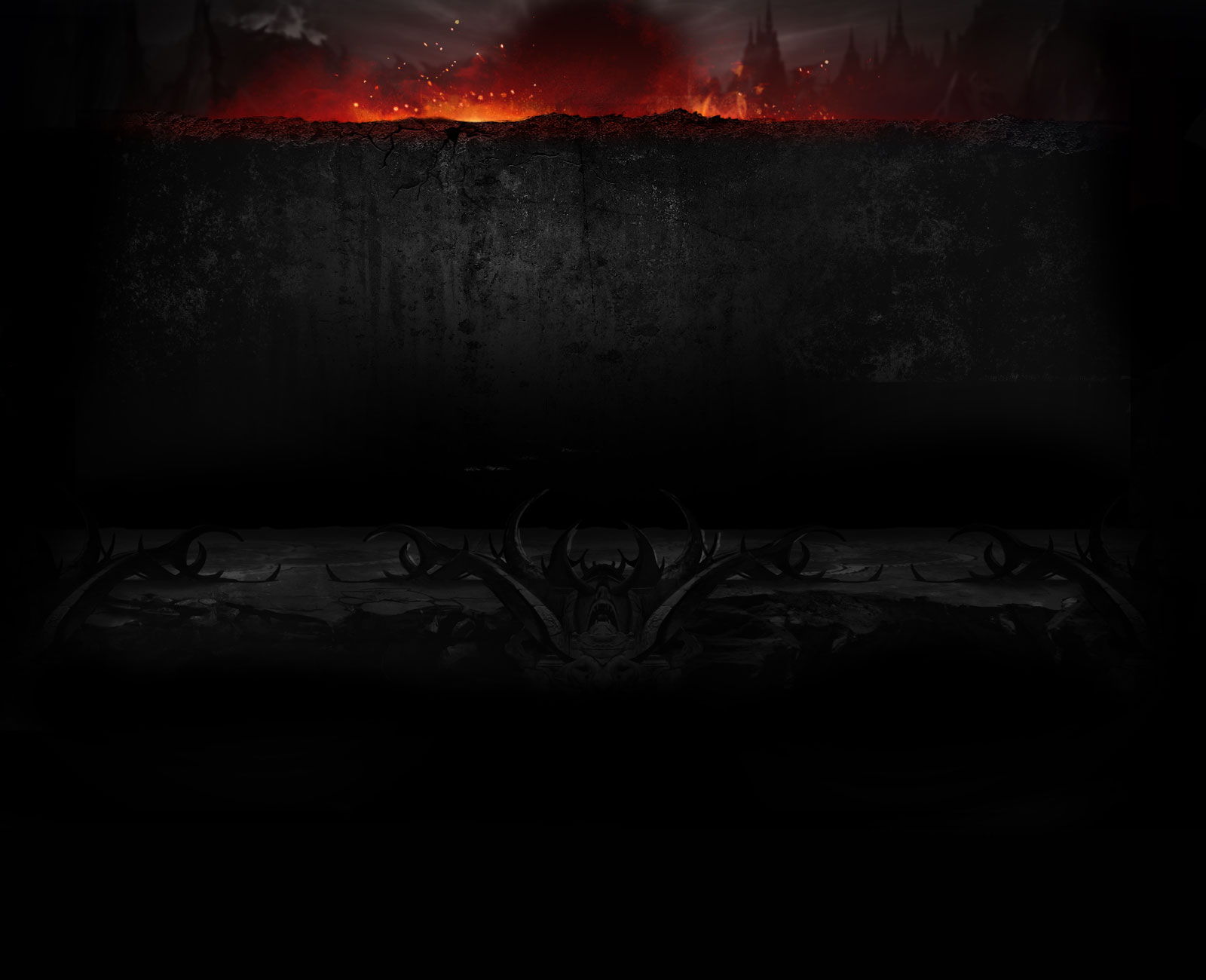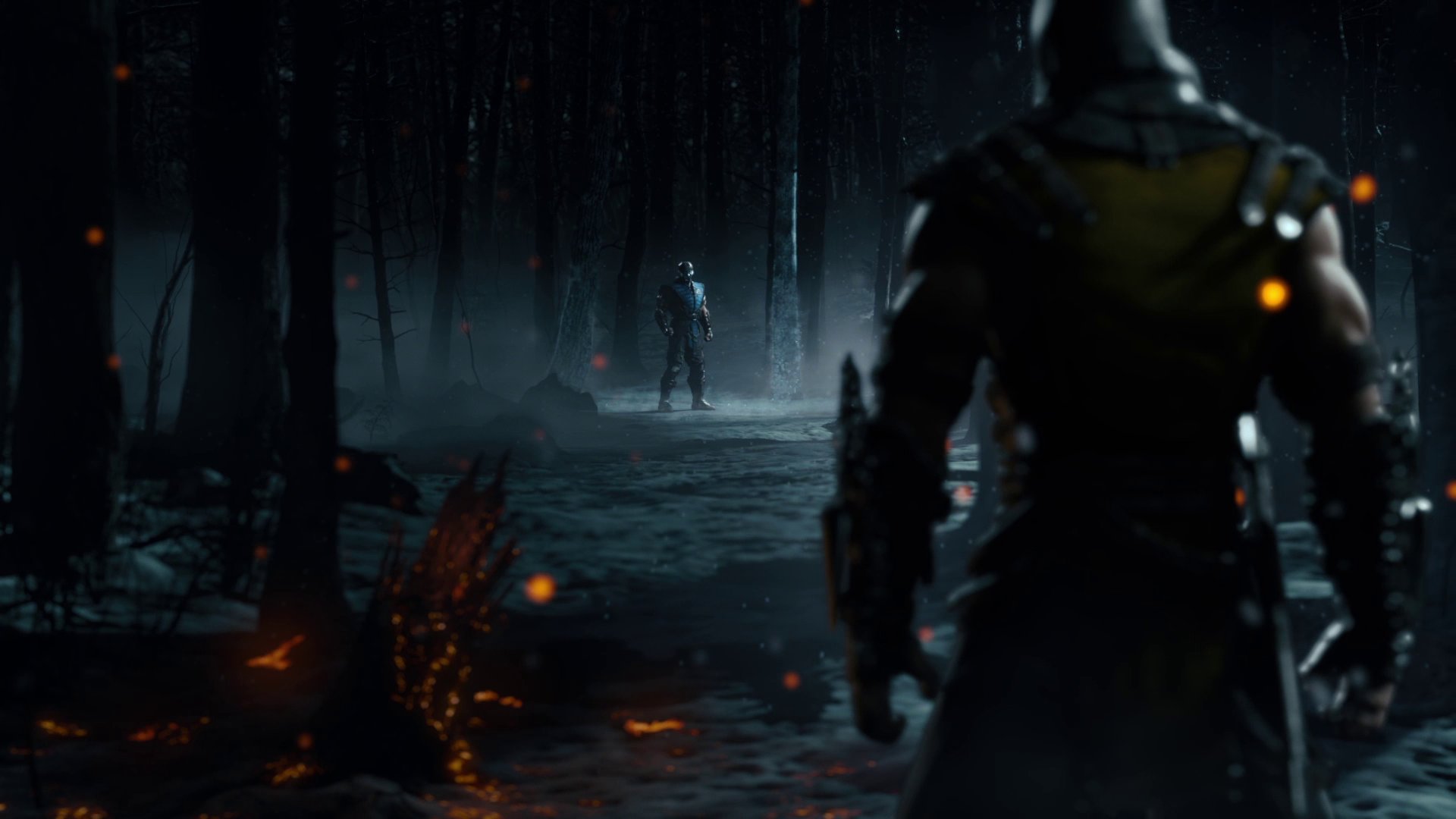My take, we are all working for NRS with no pay:
Game was 100% ready for the casual masses (which makes most of the MK audience) and ready ENOUGH for the tourney community so they can pick it apart. Game was released in time for EVO. There was enough time for the scene to voice concerns while NRS looked through the one sided mirror and take notes. Everything the scene found that NRS agreed with will be addressed in the patch. The plan is to release the patch before EVO so it is as viable a fighter as it can possibly be to that point.* I could be very wrong, but from a business standpoint, it's not unreasonable to see this as a likelihood.
*Except for Quan Chi. Netherrealm has a hard on to destroy him.
Time for me to throw my hat into the arena.
Every single game that is actively supported by developers makes you a beta tester with no pay. This is, however, an odd way of looking at it. When is a game really out of beta? Or is "alpha, beta, release candidate, release master, gold master" just arbitrary designations to keep track of a product during development? Every game has bugs, does that make the game a beta? A game typically moves from beta to release candidate when:
1) the publisher says your time and money are up and they've coordinated marketing.
2) the game is solid enough that crashes and other undesirable situations happen at a minimum
1 happens to everyone. 2 is what you hope to achieve when 1 happens.
Everybody is quick to jump down the developers throat when something goes wrong, or isn't to their liking, or isn't released "complete". The sky is falling posts run amok and everyone thinks their opinion is the right one and their opinion accurately reflects the entire spectrum of players or the health of the game. Check the blizzard forums for many examples of this.
It's also very easy to be a keyboard cowboy and put a company on blast for not immediately fixing bugs. The reality is these people have lives. Lives that very likely have been put on hold for many months to bring a title to you on time and with the smallest amount of bugs possible. When a game is released it's time for those people to start those lives again. That doesn't matter to most people. If a bug is found on day x, people think it should be fixed in day x + 1 because "it's just a simple fix" right?
Patching a game is a confusing concept from a business standpoint. Why would CEO Johnny Publisher care if a game is patched? It doesn't make him any money, and this business, just like any other business, is about making money. In fact, patches make him *lose* money, because he has to pay salaries of people who are working on something that's going to be released for free. What does make him money is DLC. When NRS goes to WB and says "we need money to patch the game" CEO Johnny says "lolz no, that doesn't make me scrooge mcduck piles of money!". So NRS says "we need money to make DLC and a little extra to fix some minor problems" and CEO Johnny says "eff yeah, DLC = CA$HMONAY". NRS now has the funds to both patch the game and release DLC. This is a simplistic but very real view to the politics that go on.
Most day zero patches happen because there's about a month delay (sometimes more) between releasing the master, being approved by MS/Sony, and being considered gold. During that month delay it's not uncommon to try and fix those bugs that were released with the RM. Another RC is made and sent to MS/Sony with the expectation that it will either be a patch or new RM if the previous RM fails. Most companies stop after the day zero patch because there's no money in it (or perhaps they've negotiated in their funding one patch after day zero).
There is some merit to the counter-argument that if games aren't patched or released buggy the reputation of the company will suffer and people will be less likely to purchase their games in the future, but that's only in extreme circumstances where the game is literally unplayable. MK9 is an extremely solid game in that respect.
I'm enjoying all the discussions going on about depth vs complexity because often the two are considered synonymous when in reality they are very different. The chess analogy posted earlier is an excellent thought. Easy to learn, lifetime to master and all that.
I'll stop here since I've rambled on for a bit, but that's because I've been a gamer all my life and a game developer since 2003, so these kinds of topics interest me.
So Keep Calm and Carry On. It's much too early to decide whether NRS will fail to accomplish what they set out to do from a tournament standpoint, although from a sales standpoint they are likely going to accomplish their goals (900k+ in april, not including special additions, may data released after E3).






